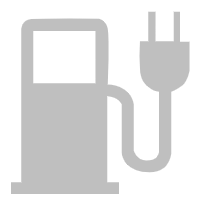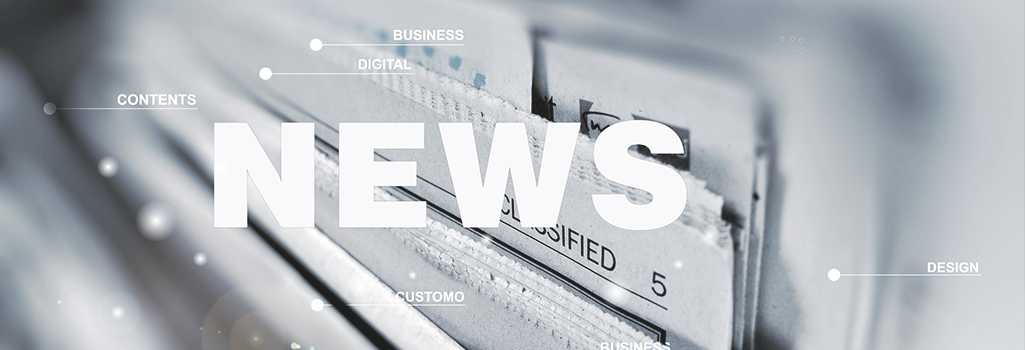Exclusive Analysis: CTIA Battery Compliance Certification Program Guide

CTIA Battery Compliance Certification Program: Why Is It a "Must-have"?
Battery safety is a crucial part of the certification system established by the Wireless Communications and Internet Association (CTIA) for wireless communication products in the United States. For this reason, CTIA has specially developed a battery compliance certification program, aiming to comprehensively assess the safety and reliability of batteries throughout their entire life cycle through a strict set of standardized tests and inspections, fundamentally preventing the risks of overheating, fire or explosion caused by battery failures.
Nowadays, this certification has become a "mandatory security pass" for products to enter the North American communication field and has been recognized by mainstream operators. If the batteries for communication products are not registered on the CTIA website, the products will not be adopted by the host manufacturers.
Analysis of Certification Standards and Scope
The CTIA battery compliance certification program adopts the following two core standards based on different battery structures:
- "Certification Requirements for Battery System Compliance to IEEE 1725" : Applicable to single-cell (1S1P) batteries and multi-cell batteries with parallel cells (1SnP).
- "Certification Requirement for Battery system Compliance to IEEE 1625" : Applicable to multi-cell batteries in series (nS1P) or series-parallel (2SnP).
Latest updates and prospects
In September 2025, CTIA officially released Version 3.2.1 of "Certification Requirements for Battery System Compliance to IEEE 1725". And the accompanying conformity document, "IEEE 1725 Conformity Certification Requirements Status List and Worksheet (Version 250930)", was updated simultaneously. The new version will be enforced on March 30, 2026. Before that, both the old and new versions can be used simultaneously. This version update does not affect previously registered products.
Meanwhile, the recent CTIA working group meeting discussed the plan to remove battery systems that comply with IEEE 1625 requirements from the battery compliance certification program. This significant move indicates that the certification path for related products is about to change. We will dynamically share the latest information and assist enterprises in solving all problems during the certification process.
Ctia-accredited Laboratory: Your Efficient Compliance Strategic Partner
In the highly competitive North American market, both outstanding performance and safety of products are indispensable. As an accredited laboratory of the CTIA Battery Compliance Certification Program, MCM can provide you with a one-stop solution from the initial consultation and application, to testing, factory audit, and finally to document upload and certification, helping you clear compliance obstacles and ensuring the efficient and smooth launch of your products to the market.
Welcome to contact us at any time to get your exclusive CTIA certification solution!





































